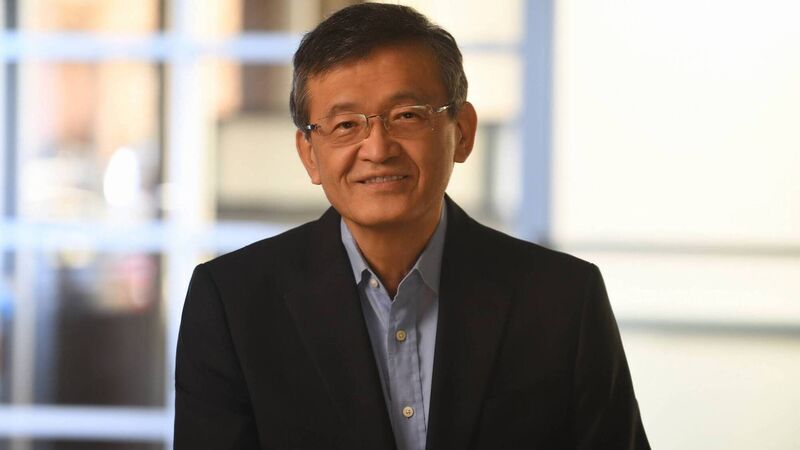Donald Trump urges 'conflicted' Intel CEO Lip-Bu Tan to resign immediately

Lip-Bu Tan took the reins at Intel in March, seeking to turn around the iconic chipmaker after it had lost ground to rivals in recent years. File photo
President Donald Trump called on the chief executive officer of Intel to resign because of what he called conflicts of interest, adding to the challenges for a company that is supposed to anchor restoration of the US semiconductor industry.
“The CEO of INTEL is highly CONFLICTED and must resign, immediately,” Trump wrote on Truth Social on Thursday, without providing any details. “There is no other solution to this problem. Thank you for your attention to this problem!”












